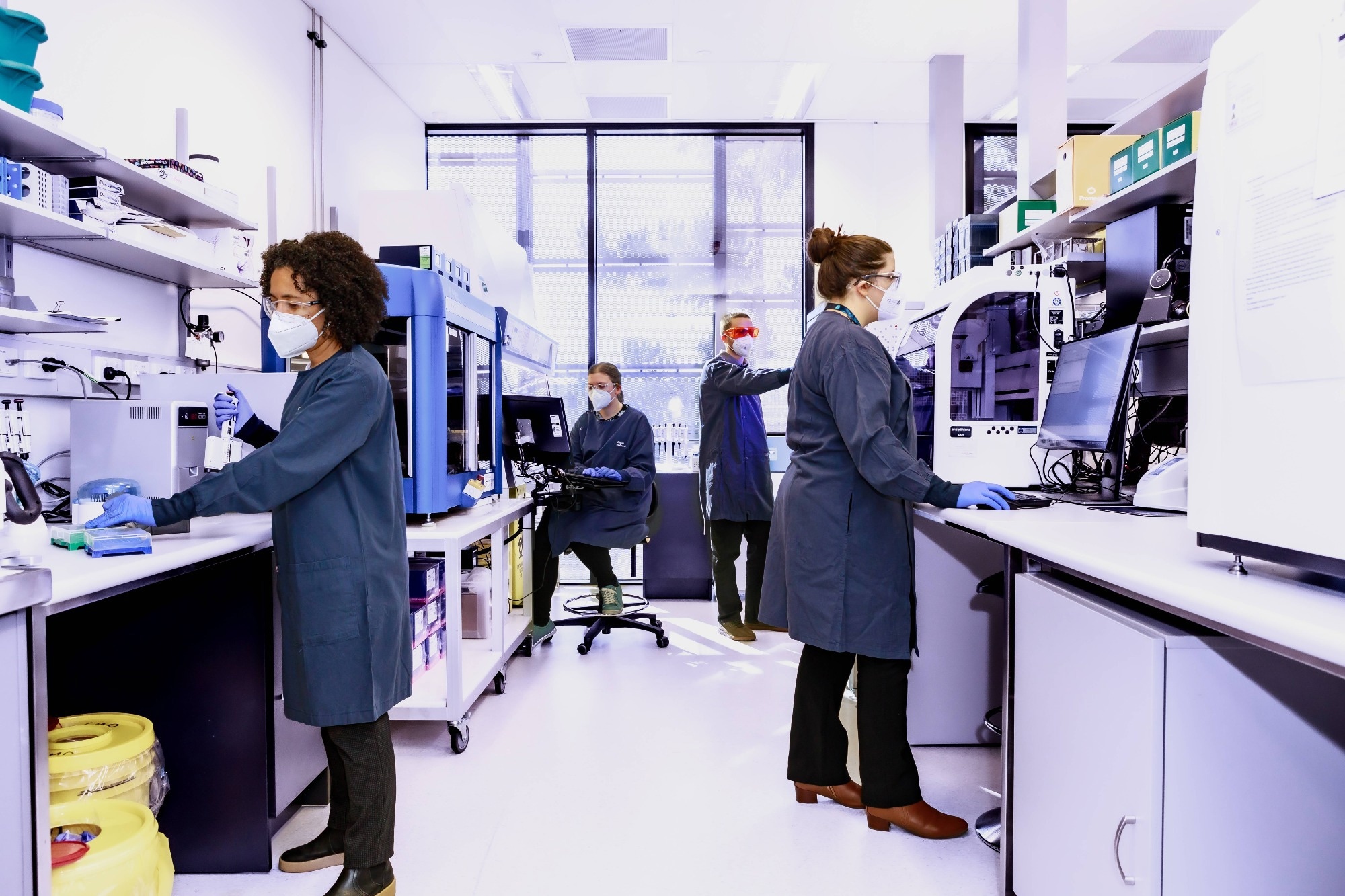Australia’s national science agency, CSIRO, has invested $25 million up to 2027 in a new program that will harness the building blocks of life to solve intractable problems.
 Scientists at work in CSIRO's state-of-the-art BioFoundry. Image Credit: CSIRO
Scientists at work in CSIRO's state-of-the-art BioFoundry. Image Credit: CSIRO
Advanced Engineering Biology (AEB) is the latest of CSIRO’s Future Science Platforms (FSP) program, which are aimed at discovering future breakthroughs in new and emerging areas of science.
Dr Robert Speight, Director of CSIRO’s AEB FSP, said the program will integrate engineering and biology to develop solutions for broad-ranging issues from the environment and energy transition to food security and human health.
We’re only just scratching the surface of engineering biology’s potential.
The field is moving fast, and there’s still a lot left to discover about the biological building blocks of life – how they work, and how we could use them.
The applications of engineering biology are varied and range from improving plants to sequester carbon more effectively, to manufacturing sustainable alternatives to animal proteins, petroleum fuels, and harmful pesticides, and even engineering biosensors that can make on-the-spot medical diagnoses.”
Dr Robert Speight, Director, CSIRO’s AEB FSP
The program will focus on new biomanufacturing capabilities, as well as developing the very technologies that underpin engineering biology, to make it faster, more predictable, and higher performing.
It will also conduct detailed research on the public’s expectations, attitudes, and perceptions to help guide the responsible development of biotechnology.
The program builds on CSIRO’s research which helped to grow a community of engineering biology experts across Australia, through such projects as the production of animal-free dairy.
The market for bio-based chemicals – such as biofuels, bioplastics, bio-based solvents, acids, lubricants, and alcohols – is expected to be worth roughly $240 billion by 2030.
CSIRO Deputy Chief Scientist, Dr Jill Freyne said Australia has an opportunity to position itself as a world leader in the rapidly expanding biotechnology sector.
The Advanced Engineering Biology FSP is about unlocking the transformative potential of engineering biology to underpin transitions to new industries, enable circular economies, and realise vast benefits for society and the environment.”
Dr Jill Freyne, Deputy Chief Scientist, CSIRO
The research carried out by the AEB FSP over the next four years will also interface with other fast-advancing fields, such as machine learning and artificial intelligence (AI).
“AI is transforming what we do, making the design of new biotechnologies faster and more predictable than ever before,” Dr Speight said.
"For example, it promises new ways of developing biosensors that mean we can now do in weeks what used to take years. The technology is rapidly progressing, and we need to stay at the leading edge of it.”